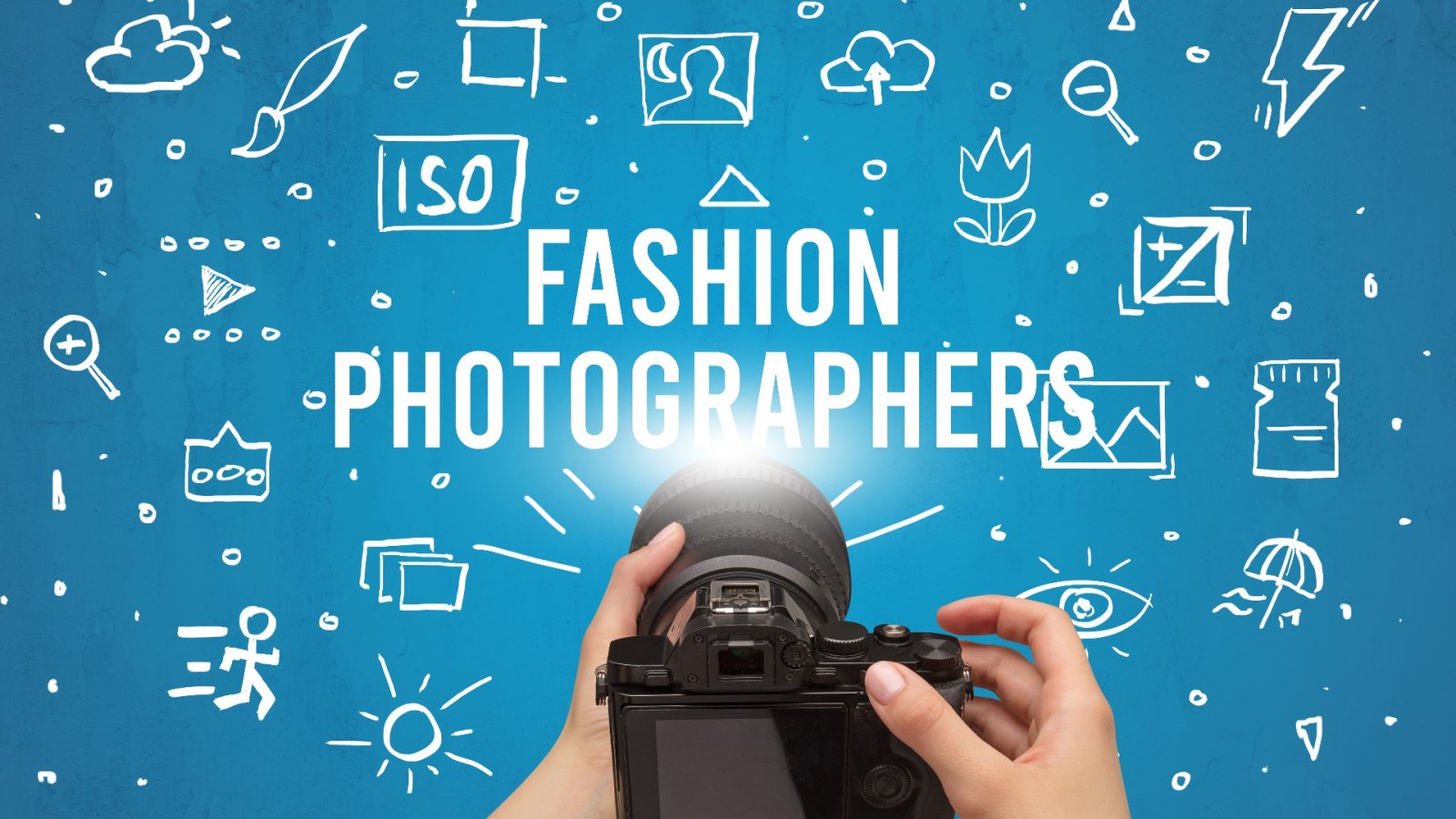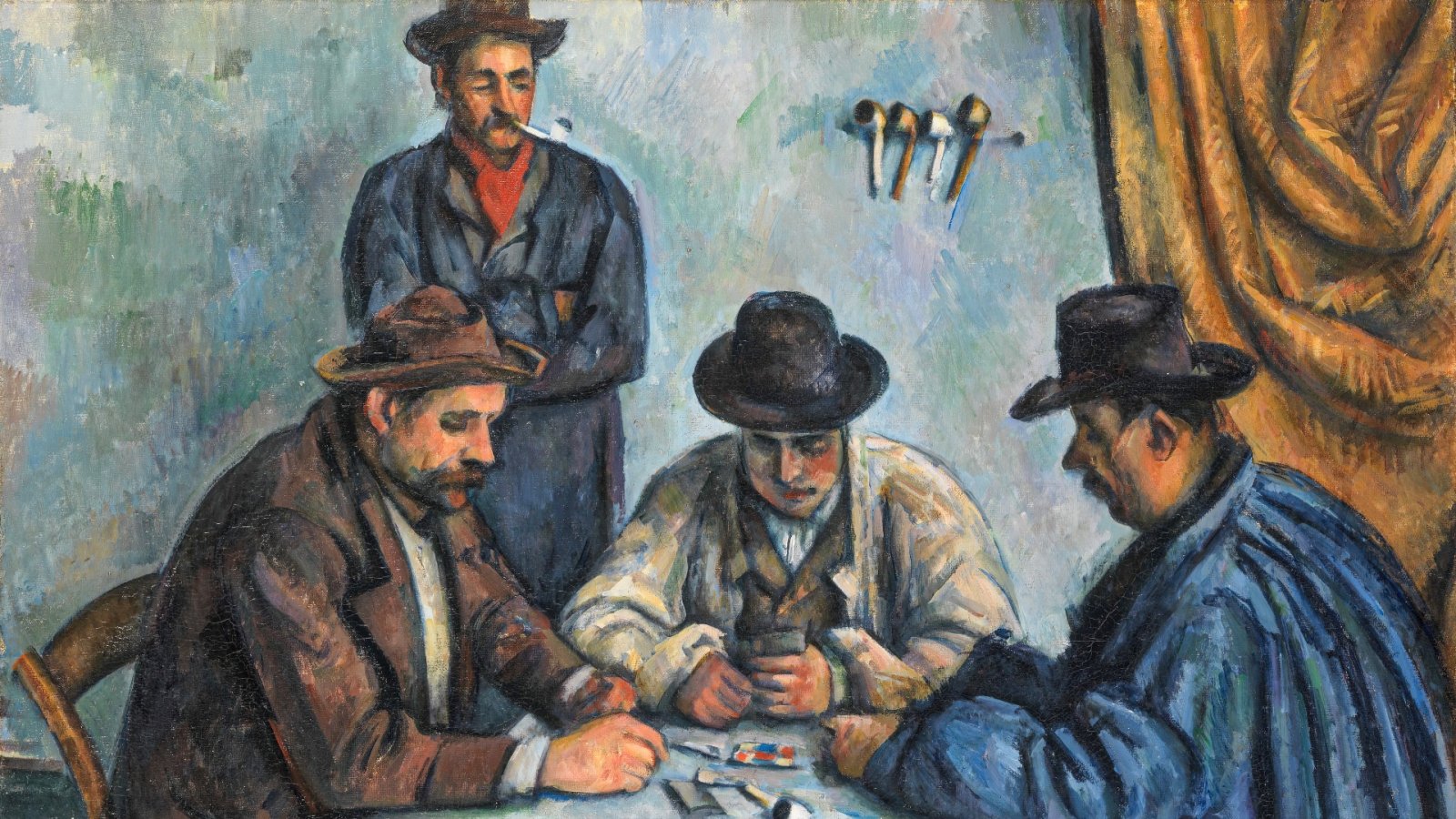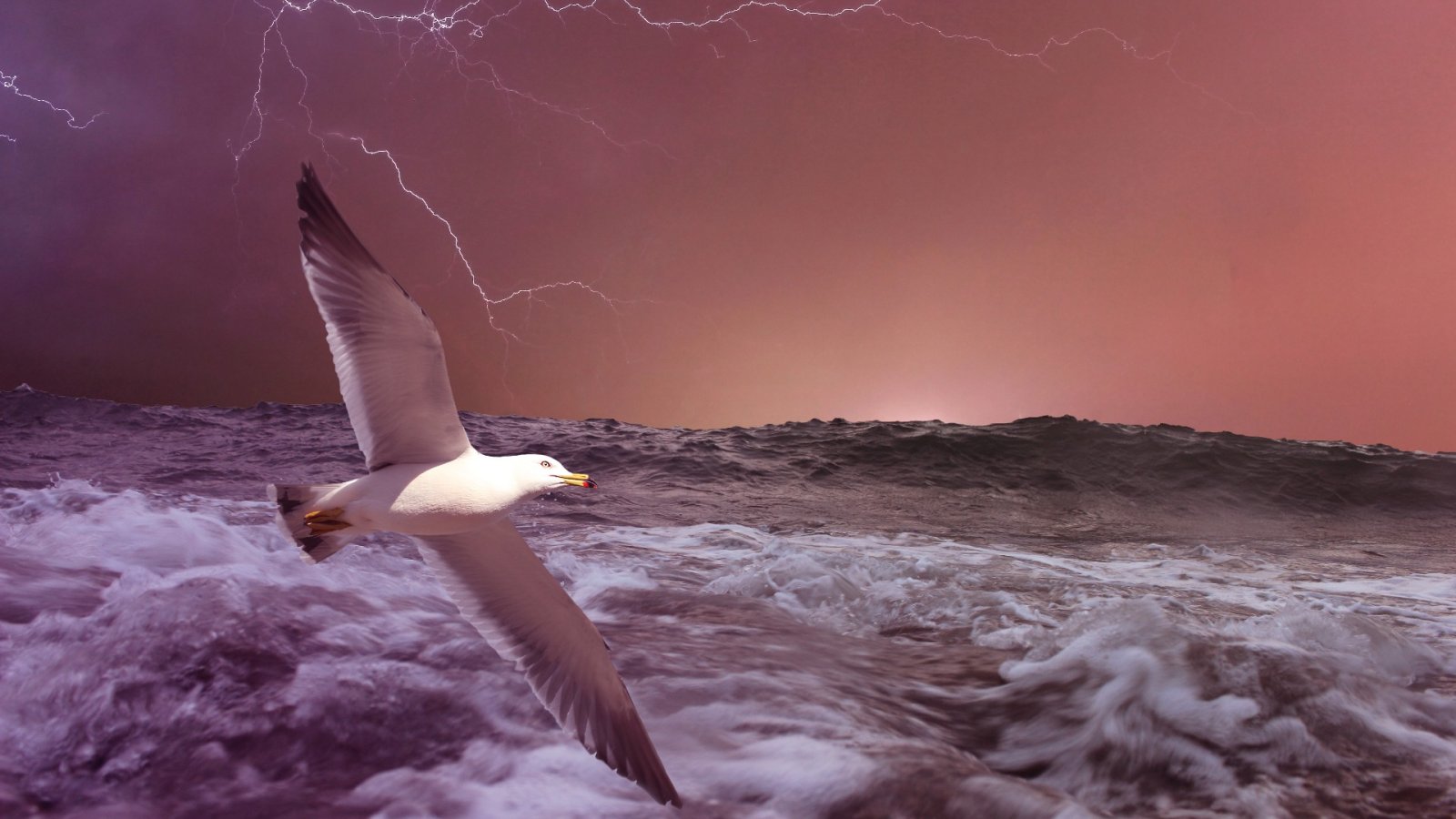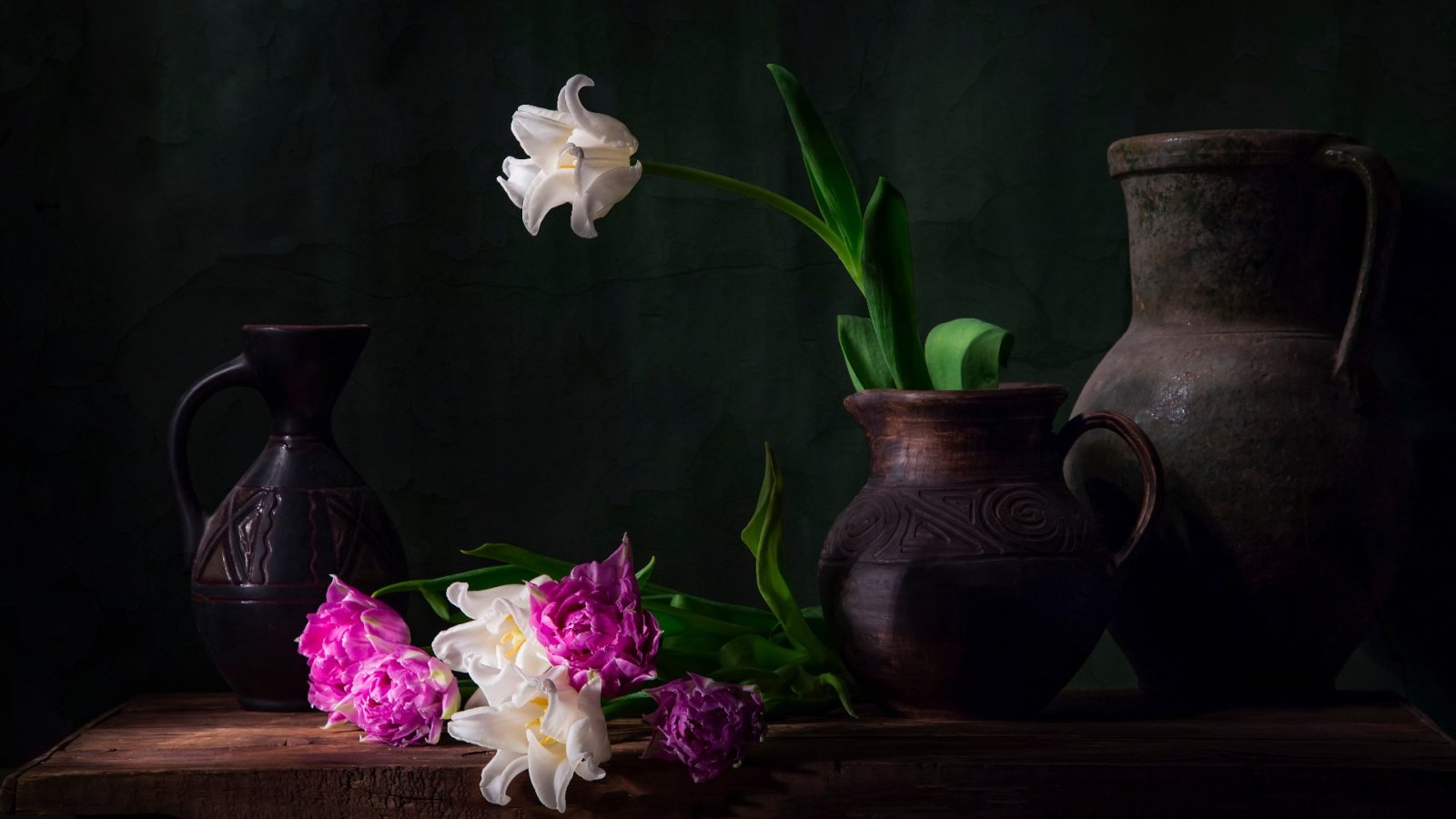Officials at Indiana University cancelled the first American retrospective of Samia Halaby, regarded as one of the most important living Palestinian artists in recent weeks. Dozens of her vibrant and abstract paintings were already at the university's Eskenazi Museum of Art preparing for the exhibition when Halaby, 87, received a call from the museum's director. She was informed that staff members had expressed concern about her social media posts supporting Palestinian causes and denouncing violence in the ongoing Israel-Gaza conflict, with some comparing the Israeli bombardment to genocide.
Halaby later received a two-sentence note from museum director David Brenneman officially cancelling the show in Bloomington, Indiana, without a clear explanation, writing to formally notify her that the Eskenazi Museum of Art will not host the planned exhibition of her work.
A few months earlier, Brenneman had applauded the artist’s innovative approach to creating art in promotional materials, where he said the exhibition would demonstrate how universities value experimentation.
The cancellation of Halaby's show is the latest in a string of cases where artists and academics have faced intense scrutiny for their views on the Israel-Palestine conflict since it reignited in October. Magazine editors have lost their jobs, art has been censored, and university presidents have resigned due to pressure. Halaby, who received her master's from Indiana University and taught there, said her freedom of expression was being questioned. She noted concerns about the exhibition were raised by a museum employee.
The retrospective had taken over three years to organise in partnership with another museum. Agreements with funders and art lenders around the country were already in place. Halaby was set to debut a new digital piece and uncover works never before seen, such as her 1989 painting "Worldwide Intifadah."
Steven Bridges, director of the Broad Art Museum, said his institution still planned to host the exhibition later in the year. Indiana University spokesman Mark Bode said in a statement on Wednesday that academic leaders and campus officials cancelled the exhibit due to concerns about guaranteeing the integrity of the exhibit. In November, Representative Jim Banks of Indiana sent a letter to the university warning it could lose federal funding if administrators condoned antisemitism on campus. In December, the university suspended a tenured political science professor after the student-led Palestine Solidarity Committee he advised hosted an unauthorized event.
Halaby gained acclaim as an artist by merging Abstract Expressionism and Russian Constructivism with the social activism of early 20th-century Mexican muralists in her work.
Halaby described her work as continuing the traditions of Palestinian liberation art and has remained politically outspoken throughout her career. Halaby made history in 1972 when she became the first woman to hold the title of associate professor at the Yale School of Art. She was also pioneering in the field of digital art, teaching herself how to write computer programs in the 1980s. In 2006 she was part of a group exhibition featuring Palestinian artists in New York. Her paintings are now part of the permanent collections at prestigious museums like the Guggenheim in New York, the National Gallery of Art in Washington D.C., and the Art Institute of Chicago, though much of Halaby's exhibition history involves cultural institutions in Europe and the Middle East. She was most recently featured in a large retrospective of over 200 artworks at the Sharjah Art Museum in the United Arab Emirates.
Art historian Nadia Radwan, who specializes in Middle Eastern artists, commented that Halaby's exhibition at Indiana University could have brought nuanced understanding during the current tense political climate through Samia's work. She noted that while Halaby belongs to the Palestinian diaspora, she is also a respected American abstract artist whose full recognition came late in life. An online petition calling on Indiana University to reinstate the show has garnered thousands of signatures. Madison Gordon, Halaby's grandniece and trustee of her foundation, stated in the petition that the artist's appeals to University President Pamela Whitten went unanswered.
Gordon wrote that Indiana University cancelled the show to distance itself from supporting Palestinian freedom and self-determination. She noted Halaby had advocated for Palestinian dignity and rights through principled activism for over 50 years. Halaby expressed disappointment with the university's decision, as she was raised in the Midwest and viewed having her first major American retrospective in Indiana as coming full circle in her career.






